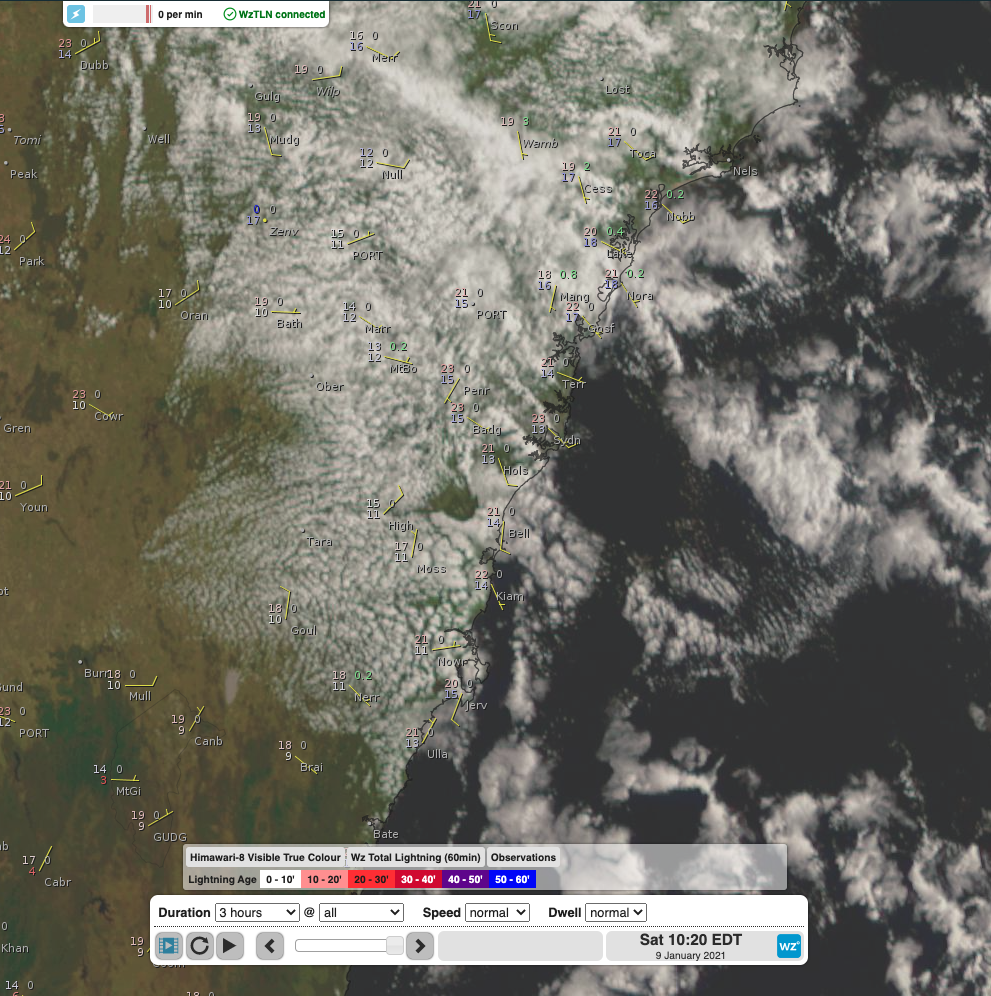Here Comes the Sun Sydney
After an extended run of below average temperatures and cloudy days, Sydney is set to see a more extensive run of sun and warmth over the coming week.
No rain fell at the Sydney Observatory Hill weather station in the 24 hours to 9am this morning for the first time in 11 days. This foreshadows the trend for the week to come, following an extended period of grey and wet skies over the city.
In the previous 4 weeks, it has rained on 24 of the last 28 days since Friday the 11th of December. With only 4 days remaining bone dry, Sydney has collected 145mm over this time period, which is equivalent to just over 5mm a day. Along with all this precipitation, cloud cover has obviously been well above average. Over the same time frame, the sun has shone on average, 4.05 hours a day. The average number of sunshine hours for this time of year is about 7.4 hours a day. However, about 40% of the total sun hours over these days come from only 4 days, removing these few, very sunny days, the average daily sun hours falls to a depressingly grey 2.8 hours.

Satellite image showing the last lingering bit of cloud over Sydney, which should clear north over the remainder of the day, giving way to a sunny remainder of the weekend, and start of the working week.
To the relief of Sydneysiders, the sun is expected to become a more steady feature over the course of the coming week. Partly cloudy conditions with a maximum of 25 degrees today will give way to mostly sunny, or sunny days until Thursday, with daily sun hours hovering around the 10 hours a day mark! Temperatures will also finally trend above average, reaching the high-20s/low-30s around the middle of the week. The running average maximum since the start of the month has been 24.8 degrees, the last time Sydney was running cooler than the average 26.0 degrees maximum for the first 8 days of the year was in the last La Nina year, in 2016.